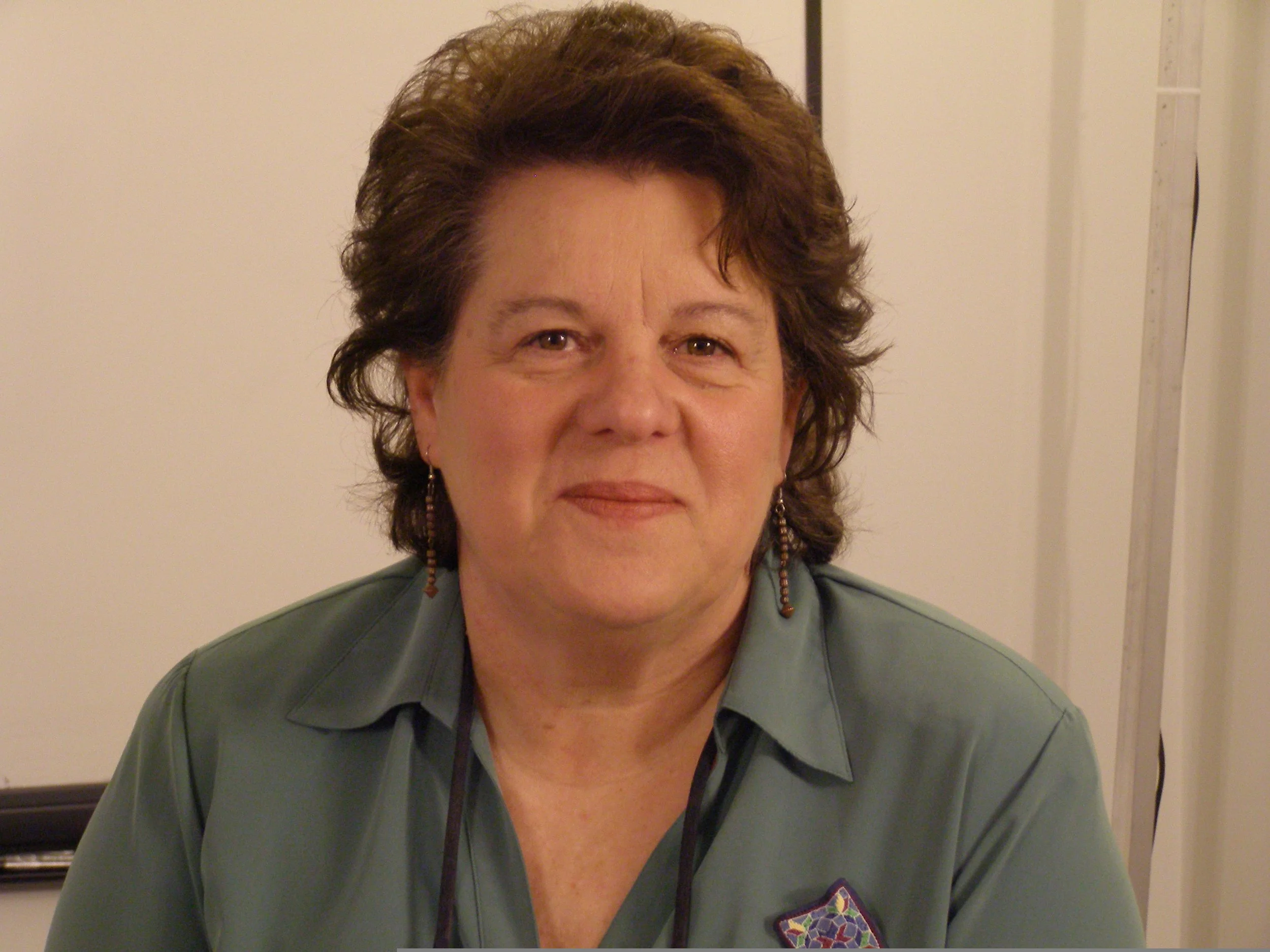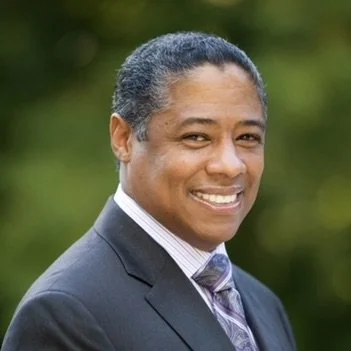Teachers have the opportunity to impact students in ways that can change the trajectory of their life. To do this, teachers have to be prepared to embrace students emotionally by knowing how to regulate their own emotional stability. Showing respect, and having willingness to care for them has profound impacts on students. Diane Wagenhals, a Program Director for Lakeside Education Network that manages therapeutic schools and services for students who have experienced trauma and been unable to successfully adapt to the traditional school environment, explains.
Read MoreBy understanding the profound effects of poverty-related stress on the brain, acknowledging the power of subconscious biases, and implementing practical strategies for emotional regulation, educators can foster resilience, equity, and optimal learning experiences for vulnerable students. Educational consultant, Horacio Sanchez, explains.
Read MoreIf COVID has an upside, it’s that it has brought attention to the emotional needs of students (and faculty members). Indeed, if a student doesn’t feel emotionally safe in the classroom, their ability to learn is severely impeded. And if an educator is experiencing extreme stress, their ability to work effectively with kids is compromised. The bottom line is that educators must work toward balancing a student’s academic needs with their social and emotional needs. Our three guests from the Elizabethton School District in Elizabethton, TN provide the details.
Dr. Myra Newman — Assistant Director of Schools for Academics, Elizabethton City Schools, Elizabethton, TN
Dr. Jon Minton — Principal, Elizabethton High School, Elizabethton, TN
Megan Ellis — Counselor, Elizabethton High School, Elizabethton, TN
Read MoreOne of the clear takeaways from our series on trauma in schools is that few teachers and administrators receive training on student trauma before they find themselves in front of their kids. Most professional development in this critical area is provided to educators in what are often too-brief training sessions after they are already in the schools. Our guests in this episode, professional development consultants Tamara Neufeld Strijack and Hannah Beach, are helping to disrupt that pattern.
Read MoreTrauma often grows in Native American children through schooling. Those who attend U.S. public schools are frequently criticized for their silence, but this behavior is culturally driven. Native students remain quiet to reflect deeply and show respect, especially to teachers. Holly Echo-Hawk, a behavioral health expert for the Pawnee Nation, provides the details.
Read MoreOne of the aspects of trauma that needs to be fully recognized is its intergenerational potential: the trauma that a student carries with them can often be further weighted by what their parents and or ancestors experienced. This is particularly true for people of color and indigenous populations. Mary Peter, District Vice-Principal, Indigenous Education, Cowichan Valley School District on Vancouver Island in British Columbia, and Richard Matthews, the District Counselor at the Cowichan Valley School District provide the details.
Read MoreWhen we think about trauma and adverse childhood experiences, the conversation understandably gravitates to one of what happened to the student. That approach can focus us externally on the damaging experiences and events themselves. Dr. Scott Ratchford, an expert on equity and the Coordinator of Equity Advancement for the town of West Hartford, CT, helps us shift our focus to see the internal impact of adversity and trauma on a child and how it can affect their identity, sense of safety and well-being, and perhaps most important, their potential.
Read MoreMost attempts at large-scale change in education fail because of incoherent planning, lack of buy-in of stakeholders, and poor execution. Another big reason for failure is pace: leadership tries to do too much too quickly. Moving too fast can be particularly detrimental when adopting something as emotionally rich and behavior-changing as trauma-informed practices. Dr. Dana Milakovic, a mental health and trauma specialist, and the state-wide advisor for Trauma (K-12) for the Pennsylvania Department of Education urges a step-by-step approach that includes a multi-system of support.
Read MoreOur study of trauma in schools has naturally focused on students. For example, the discrimination and racism that many live with in their neighborhoods aren’t experiences they can easily leave at home. That those experiences negatively impact a student’s academic success is undeniable. But our educators of color at home and around the world are hardly immune to that type of adversity. Discriminatory hiring practices engender one type of adversity for educators. But many educators are now experiencing increased adversity as legislatures and local school committees hand down restrictions on what and how they can teach. Kevin Simpson, head of a global educational consulting company explains.
Read MoreChristine LeGuizamo is a licensed social worker serving as the Program Director of Mental Health at New Harmony High School in New Orleans, Louisiana. New Harmony is a growing charter school with a mission to “Foster an interconnectedness of people, land, air, and water that prepares students for college, careers, and beyond.” And part of that interconnectedness, as Christine explains, is “the intertwining of academics and social-emotional part of each student. We very much serve the whole child and understand the importance of serving the whole child. When it comes to academic learning, it is so important to understand that to get a student to conceptualize algebra, you need to also understand what happened at home last night that could impede their learning for the next day.”
Let’s join the conversation and get the details on how Christine and New Harmony High are accomplishing that.
Read MoreOne of the stakeholders in the larger community that is seeking to alleviate student trauma plays a huge role — perhaps the biggest role: parents. In this episode, we'll hear from Ruth Freeman, a licensed social worker, and the CEO and Founder of Peace at Home Parenting Solutions. Peace at Home’s mission is to help parents raise confident, resilient children from prenatal development through young adulthood. It does that by translating research into practical approaches and tools that parents can use at home. What becomes clear in our discussion is that for parents to be effective in that effort, they must first be in a safe, centered mental place themselves. And that can be a challenge.
Read MoreOne of the themes we emphasize in this series is that effectively addressing trauma is a whole community effort. Given their limited numbers, that responsibility can’t just fall to school counselors, psychologists, and social workers. As many of our guests argue, teachers can and do naturally play a crucial role given the amount of time they have with students. For some teachers, implementing trauma-informed practices may require them to make a paradigm shift in how they think about their role. For other teachers, addressing a student’s trauma at the classroom level may just mean giving them the tools they need to be supportive. Clinical social worker, Amber Warner, explains.
Read MoreAlong with their home and natural environments, a child’s community is now recognized as a potential contributor to adverse childhood experiences. The results can be devastating for development. Substandard schools, intolerance, discrimination, and racism can lead to chronic health issues, minimum employment, and long-term poverty. Authors and educators Victoria Romero and Justin Hendrickson take us through an explanation.
Read MoreIt is critical to understand that school personnel at all levels need support, training, and guidance to be the strong and trustworthy core adults that all students, but especially traumatized one, need. In this episode, Jennifer Spiegler with Kognito, a developer of virtual role-play simulations for education and clinical training, will share details on how and why virtual simulations work to provide educators with critical trauma training. She is joined in this discussion by Janet Pozmantier, a behavior health consultant. Janet and Jennifer worked together with Kognito simulations in 2017 to address the trauma that teachers and students experienced after Hurricane Harvey devastated Houston, TX.
Read MoreIn this episode, we consider how visioning can enlighten education, and in particular how mindfulness and student engagement can enhance our educational experiences today and also our planning for the future. Guests Kahlil Kuykendall, a mindfulness instructor, and Dr. Christine Mason, Executive Director for the Center for Educational Improvement, explain.
Read MoreTeachers have the opportunity to impact students in ways that can change the trajectory of their life. To do this, teachers have to be prepared to embrace students emotionally by knowing how to regulate their own emotional stability. Showing respect, and having willingness to care for them has profound impacts on students. Diane Wagenhals, a Program Director for Lakeside Education Network that manages therapeutic schools and services for students who have experienced trauma and been unable to successfully adapt to the traditional school environment, explains.
Read MoreThe community that students are surrounded by influences their overall well-being, academic success, and social development; meaning the people in this community must have experience interacting with students in various situations. As part of that community, teachers need training to be the strong and trustworthy core adults to support students holistically. Jeff Donald, the Mindfulness Coordinator for Montgomery County Public Schools, offers his insights and argues that the days of just focusing on academics should be long gone.
Read MoreA number of the people we have interviewed in this series have used the word “stigma” to refer to much of our society’s reluctance to openly discuss the origins and consequences of trauma, and mental health issues in general. Unfortunately, what remains hidden remains untreated, and the impact on youth can be severe. One person who is motivated to change that reluctance because of her own experience with trauma and grief is Peyton Barsel.
Read MoreAll educators — all school staff — need to see themselves as part of a formal or informal mental health network whose members routinely collaborate to support sound student mental health. But they need to be supported by mental health practitioners and parents to provide the widest possible safety net for students. Martha Staeheli, Ph.D., explains.
Read MoreOne of the goals of our series is to raise awareness and the level of discourse around student trauma and mental health in general. Turning up the volume here is needed because – one – most educators are still largely uninformed about aspects of mental health and – two – and that causes us not to talk about depression, suicide, abuse and trauma in general. And if we’re not bringing these subjects out into the open, kids keep all those emotions bottled up inside of them. Dr. Glenn Albright and Kim Weiland from Kognito, a firm that develops avatar-based simulations to help develop trauma-informed educators, share their insights.
Read More




















